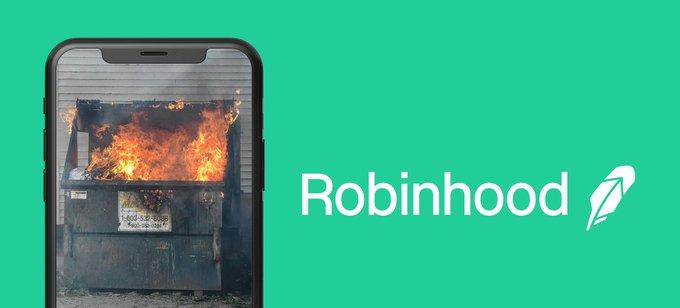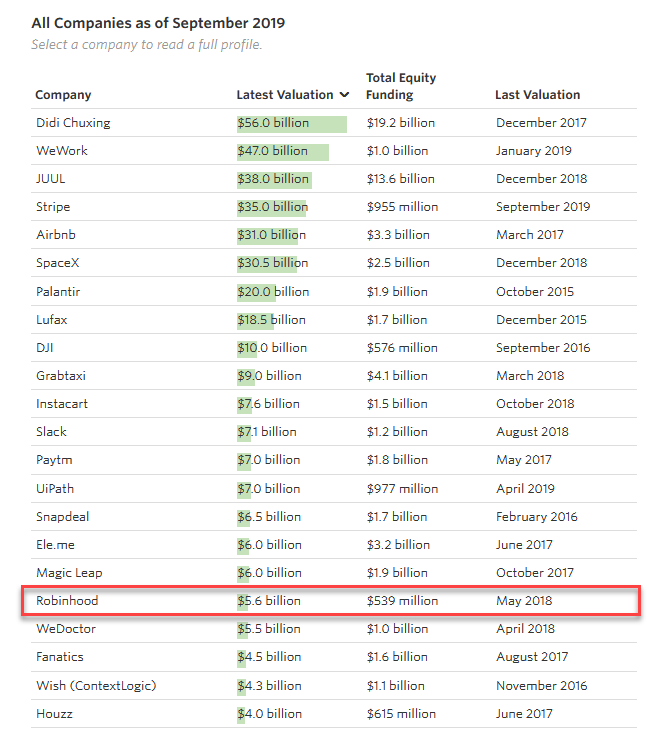“It’s Really Shaken My Confidence” – Robinhood Reportedly Maxed Out Credit Line Ahead Of Outages Crisis
Millennial ‘get rich quick’ free trading app Robinhood has been making headlines all week and not for the right reasons. Today, things may have got worse as Bloomberg reports that, according to sources familiar with the matter, Robinhood Markets, Inc. maxed out its credit line of $200 million right before its mobile trading app experienced two separate outages in March.
While the firm had declined to comment on what caused the outages, it quickly responded with regard its capital position:
“Our capital position remains strong,” Robinhood Markets said in an email statement, indicating the decision to draw on its entire credit line was predated and unrelated to the latest interruptions.
“We determined it was prudent to draw on our credit line during the week of Feb. 24 in light of market volatility. That capital was returned in full last week.”
However, if Robinhood maintained a robust balance sheet, the company wouldn’t need to be maxing out its credit line:
“Companies don’t tap their credit line unless they need to,” said David Ritter, an analyst at Bloomberg Intelligence.
When companies do, it’s “perhaps not a good signal with regard to their cash burn, which could make creditors nervous.”
The trading app experienced two outages, one on Mar. 2, and another on Mar. 9. In both instances, there were reports that users couldn’t trade equities, options, and cryptocurrencies as the US cash session began.
Fintech startups can risk eroding customer trust with outages, said John Bartleman, president of TradeStationGroup Inc., a rival online trading firm.
“If you’re a smaller fintech startup, your reputation is everything,” he said.
“If you can’t get in, you lose all trust in a brand.”
A growing number of Robinhood users on social media have been reporting trouble with closing their accounts. They’re also criticizing the $75 fee associated with the transferring to another platform.
Pankaj Sharma, a New Jersey IT professional with tens of thousands of dollars in a Robinhood account, told Bloomberg that when the app crashed on Mar. 2, he received zero communication from the company about the outage. Sharma is now considering switching to another brokerage house after his disgust with the app.
“It’s really shaken my confidence,” he said.
Robinhood, which was founded in 2013 by Vlad Tenev and Baiju Bhatt, pioneered commission-free trading, a move that’s since been copied by larger online brokers including Charles Schwab Corp. The startup has attracted 10 million users and is now backed by venture capital firms including Index Ventures, Andreessen Horowitz and Sequoia.
But, as the stock market implodes, the IPO market goes bust, and credit markets freeze, Covid-19 is forcing investors to reprice assets for lower growth, and it should be noted that Robinhood’s latest private round valuation in May 2018 valued the company at $5.6 billion.
Is Robinhood the next WeWork?
Tyler Durden
Tue, 03/10/2020 – 15:35
via ZeroHedge News https://ift.tt/339fXtK Tyler Durden

